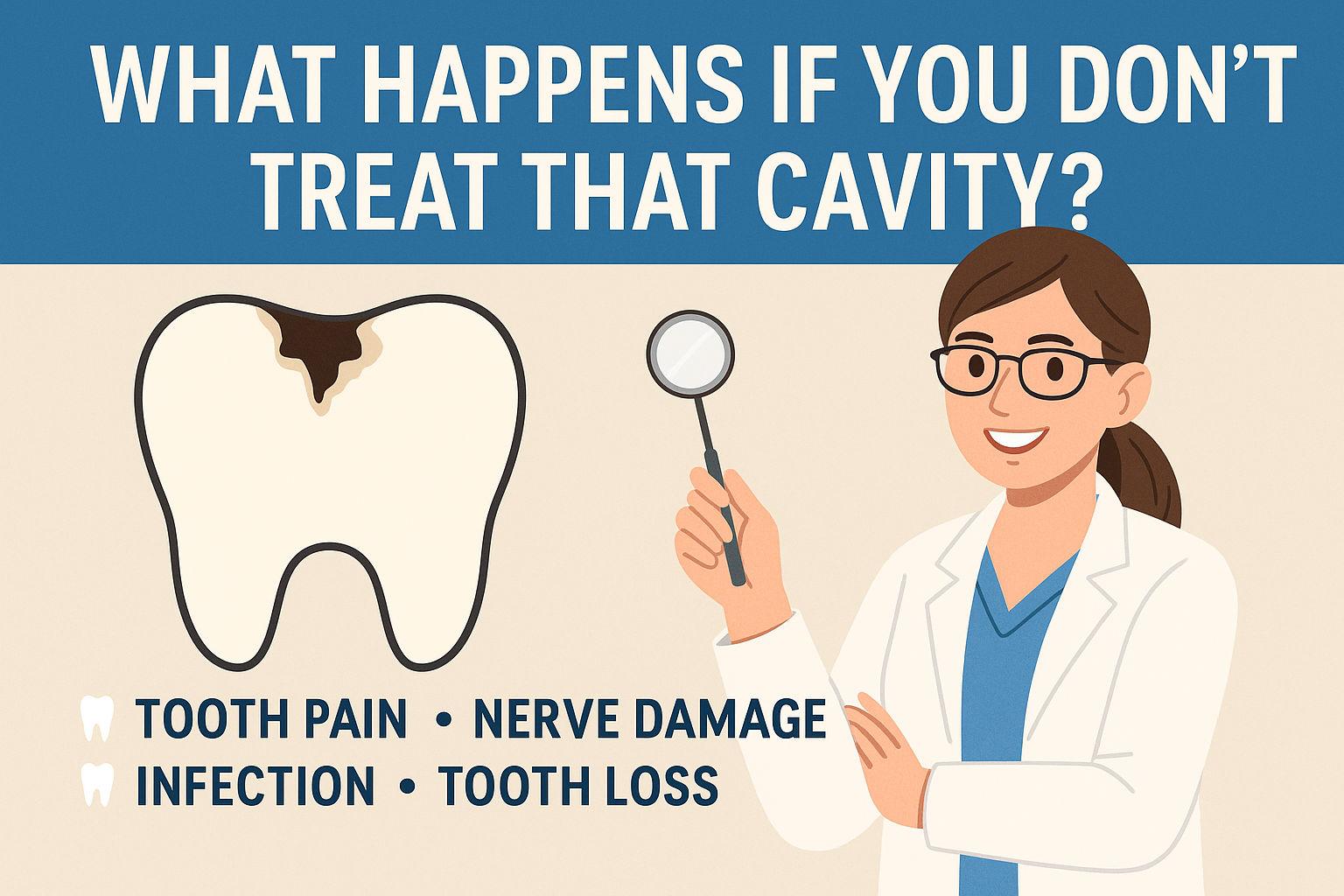Blog Highlights
- Stained teeth are a fairly common occurrence
- With time, your natural teeth may become discolored at a faster rate than the bonded teeth
- It’s important to speak with your dentist when considering any type of whitening treatment
Bonding is one of the many ways you can restore or fix teeth that have either chipped or need fillings. Bonding involves a natural-looking resin that is often more appealing to patients who wish to maintain their natural, white smile. Typically, bonding doesn’t require that much special care once the procedure is complete; however, there are a few things you should know when it comes to whitening bonded teeth.
Stained teeth are a fairly common occurrence. Everyday foods and drinks such as coffee and dark sodas can contribute to the yellowing of your teeth. Fortunately, there are many different procedures and methods to whiten teeth. However, whitening bonded teeth can be challenging. The resin used to bond teeth doesn’t stain easily nor does it whiten easily. The material used to bond teeth is not porous like enamel, meaning that substances, such as coffee or whitening agents, cannot penetrate the surface. Overtime, bonded teeth may become discolored by age, but whitening agents are no match for the porcelain and resin of bonded teeth.
When your teeth are bonded, your dentist will use a resin that matches the color of your natural teeth. With time, your natural teeth may become discolored at a faster rate than the bonded teeth, which could result in mismatched teeth. Before you have your teeth bonded, consider undergoing a professional whitening procedure to make your teeth as white as possible. Then, the bonding material can be matched to your newly-whitened, natural teeth. Once your teeth are bonded, if you start to notice discoloration and mismatching teeth, you can always do small touch-up whitening procedures to keep your natural teeth matched to the bonded teeth.
Another option is to undergo an additional cosmetic procedure. Since most bonding materials can’t be whitened, you might choose to have your healthy, natural teeth covered with veneers to make them match the bonded teeth. This way you ensure that all of your teeth are the same color and will stain at the same, slow rate.
It’s important to speak with your dentist when considering any type of whitening treatment. Some over the counter whitening products can cause adverse side-effects, such as irritation to different parts of your mouth. Teeth whitening can also increase your sensitivity. Typically this goes away, but your dentist may recommend a toothpaste for sensitive teeth. Before bonding your teeth, make sure you speak to your dentist about options for future staining.









